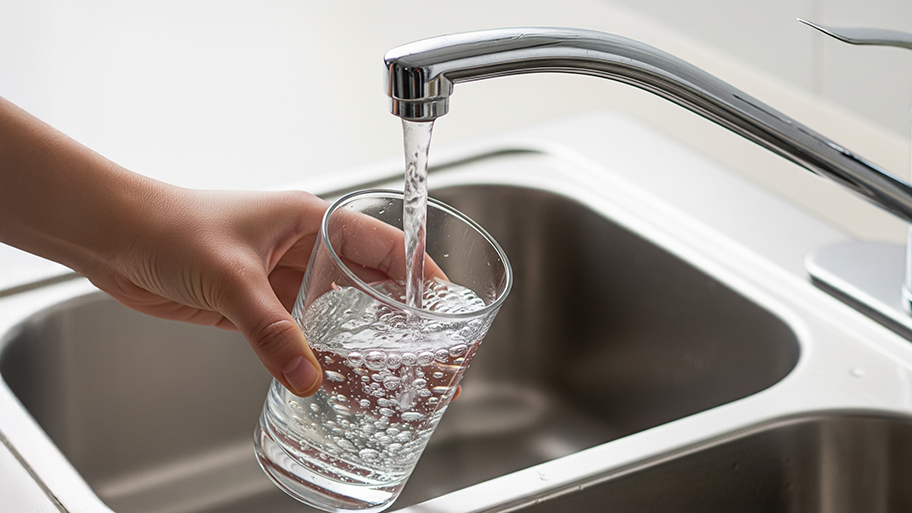
On average, a reverse osmosis water filter costs around $2,200, but there are a few variables that impact the total price. Learn about them in this guide.
Water softener service costs depend on your project and location. Check with a local pro for your specific job.
Installing a water softener system typically costs between $200 to $6,000, with a national average of around $1,500.
Single-tank ion exchange costs $500 to $1,700, while reverse osmosis ranges $1,500 to $11,000, and water distillers $1,200 to $4,000.
24,000 GPG units run $300 to $500, 64,000 GPG $800 to $1,500, and 96,000 GPG units $1,700 to $2,500.
Installation labor ranges from $150 to $1,000, while additional plumbing or electrical upgrades can add $0.50 to $8 per linear foot for piping, $2 to $4 per square foot for wiring, and around $3,800 for support framing.
Ongoing maintenance and operational costs include salt at $5 to $10 per 40-pound bag and potassium chloride at $50 to $70.
Water softener installation costs $1,500 on average, though it ranges between $200 and $6,000 depending on your home’s size, the system’s type and capacity, and whether you DIY installation or hire a pro. Installing a water softener system in your home helps reduce your water’s mineral content, or “hard water.” Although it’s safe, hard water can reduce the life of your water heater and increase water heating costs. It also tends to leave a nasty mineral buildup on surfaces in your home. Installing a water softener can solve these issues.
Your home’s size plays a significant role in how much you’ll pay for a water softener, but factors like home size and where you live will also affect the cost.
So it’s important to know which type and size of water softeners you should consider when shopping around. Each type of water softener takes a different approach to removing minerals or contaminants from your water, leading to softer hands and happier sweaters.
| Type of Water Softener System | Average Cost |
|---|---|
| Single-tank ion exchange | $500–$1,700 |
| Double-tank ion exchange | $1,000–$5,000 |
| Magnetic | $200–$600 |
| Reverse osmosis (point-of-use) | $1,500–$1,800 |
| Reverse osmosis (whole home) | $4,000–$11,000 |
| Salt-free | $800–$4,000 |
| Water distiller | $1,200–$4,000 |
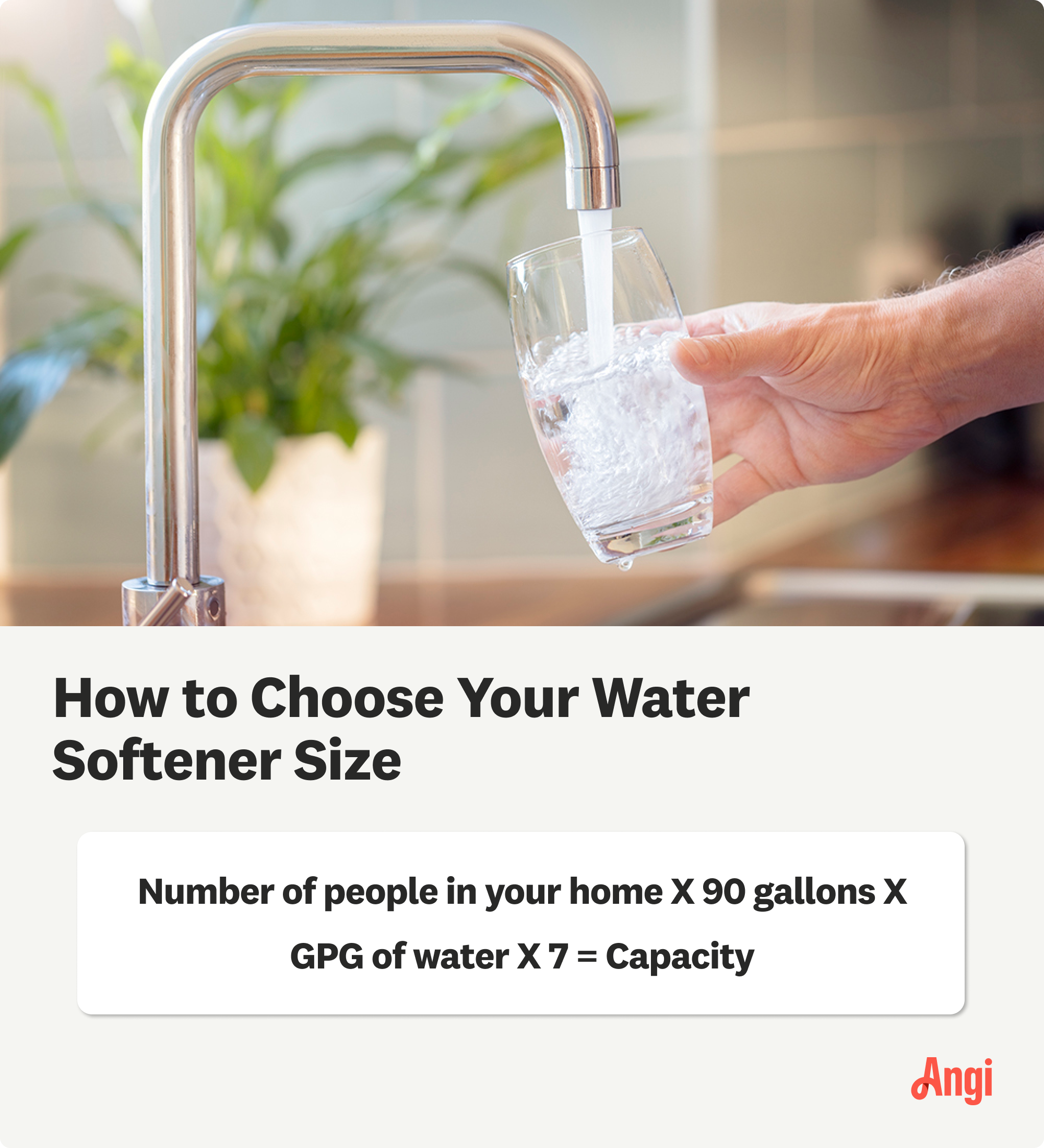
Here's what water softeners cost at each capacity level. Note that these prices are for materials only.
| Water Softener Capacity by GPG | Average Cost |
|---|---|
| 24,000 | $300–$500 |
| 32,000 | $400–$1,000 |
| 48,000 | $600–$1,200 |
| 64,000 | $800–$1,500 |
| 80,000 | $1,500–$1,800 |
| 96,000 | $1,700–$2,500 |
An equation will help you determine the correct water softener capacity for your home. Water softeners note their GPG capacities to show how much hard water they can filter per household. If you choose a model that is too small, it may not be able to properly soften the water you use each day.
Let's look at our original sample equation:
4 (people in the home) X 90 (average water usage a day) X 10 (water hardness in GPG) X 7 (days in a week) = 25,200 gpg
Once you have this number, you can choose the appropriate capacity.
If you live in an area prone to hard water—Phoenix, Las Vegas, and Tampa, for example—you will end up paying for a higher water softener capacity than elsewhere in the country. The local cost of living will also affect the price of materials and labor when installing a water softener. Expect a fee for travel if you live in a remote area far away from your local water softener installer.
Explore the U.S. Geological Survey's water hardness map to see how hard water is in your area.
Installation costs range from $150 to $1,000 depending on the type of unit, where you live, and installation complexity. Additionally, building and inspection permit costs will depend on your local laws.
You can classify different water softener system types by the method they use to lower mineral count in groundwater:
Ion exchange water softeners cost between $500 and $3,000.
Salt-free water softeners cost between $800 and $4,000.
Magnetic water softeners cost between $200 and $600.
Reverse osmosis systems cost between $1,500 and $1,800.
Water distillers cost between $1,200 and $4,000.
Dual-tank water softening systems cost between $1,000 and $5,000.

Water softeners require ongoing care and will add a small amount to your utility bill no matter the style you choose.
Water hardness: If you have exceptionally hard water, you’ll need a higher grain capacity water softener, which will be most costly.
Energy usage: Systems that use more energy will cost you more in monthly utility bills.
Repairs: The cost of water softener repairs ranges from $150 to $900 on average but can reach up to $2,000.
Salts: A bag of salt for your water softener will cost between $5 and $10 for a 40-pound bag. A 40-pound bag of potassium chloride will cost between $50 and $70.
Rental: You can also rent a water softener instead of buying one for $25 to $50 per month.
Labor: Expect to pay a local professional water softener installation company $150 in labor for basic systems and between $500 and $11,000 for whole-home models.
Electrical or plumbing upgrades: You may need to update your system before you can install a water softener. New pipe installation costs $0.50 to $8 per linear foot, new wiring installation costs $2 to $4 per square foot, and additional support framing costs $3,800 on average.
Hiring a local water softener installation pro costs more upfront, but you benefit from faster setup, correct system sizing, and reliable performance. Pros bring specialized tools and technical expertise, making the process smoother and often saving you money on maintenance and water-related damage.
Installing a water softener requires plumbing knowledge, proper system calibration, and an understanding of your water chemistry. Here are some of the top reasons to work with a pro:
Water softener pros ensure existing plumbing, valves, and water lines aren’t damaged during installation.
They have the tools and materials needed to install, program, and test the system safely and effectively for your home’s specific water conditions.
Working with a pro ensures your water softener runs efficiently, extends the life of appliances, and reduces buildup in pipes.
Bundling water softener installation with services like filtration upgrades or plumbing inspections can reduce long-term water-related maintenance costs.
If you want to take on some aspects of the project yourself, here are a few DIY tasks that can help save time and labor costs:
Clear the installation area by removing storage items or obstacles near your water line.
Check your water quality and flow rate beforehand to help the pro select the correct system size for your home.
Shut off the main water supply and drain existing lines before the installer arrives—only if you’re confident doing so safely—to streamline the installation process.
The best way to ensure you save money on a water softener is to choose the correct capacity for your home. Too small a unit will require constant maintenance, while too large a unit requires unnecessary upfront costs. You can also cut installation costs by:
Choosing an ion-exchanger water softener with a meter-control valve that only rejuvenates when necessary and is not on a set timer.
Shopping around for at least three different suppliers and installation teams to compare quotes, reviews, and ongoing maintenance estimates.
Wait for water softeners to go on sale around major holiday appliance discount events.
Rent a water softener to cut down on maintenance and small repair costs.
If you don't have prior experience installing or repairing a water softener, consider contacting a plumber for assistance.
You should buy a water softener whenever you decide to and can afford to, however, there are some indicators that it might create more urgency:
Rising utility bills: Hard water clogs up pipes, which means that your water system needs to work harder to push water through.
Dry skin and nails: Hard water can leave your hair and skin dry; if this bothers you, look into water softener units.
Staining: Hard water can leave unsightly stains on your fixtures, which can be a pain to remove.
Test results: You can test for hard water. Water is classified according to the milligrams per liter (mg/L) of calcium carbonate: 0 to 60 mg/L is classified as soft to slightly hard; 61 to 120 mg/L is moderately hard; 121 to 180 mg/L is hard; and more than 180 mg/L is considered very hard.
Be ready to share details about your current water system, including water hardness levels, existing plumbing, and water usage, as these factors will guide your pro in recommending the right softener type and size.
If your budget allows, ask your pro about optional add-ons like salt-free conditioning systems, reverse osmosis filters, or automated maintenance features.
Be prepared for unexpected costs, such as plumbing modifications, electrical work, or addressing pre-existing water damage that may be uncovered during installation.
Home is the most important place on earth, which is why Angi has helped more than 150 million homeowners transform their houses into homes they adore. To help homeowners with their next project, Angi provides readers with the most accurate cost data and upholds strict editorial standards. We extensively research project costs to develop the pricing data you see, so you can make the best decisions for you and your home. We rely on reputable sources, including the U.S. Bureau of Labor Statistics, academic journals, market studies, and interviews with industry experts—all to ensure our prices reflect real-world projects.
Want to help us improve our cost data? Send us a recent project quote to [email protected]. Quotes and personal information will not be shared publicly.
From average costs to expert advice, get all the answers you need to get your job done.

On average, a reverse osmosis water filter costs around $2,200, but there are a few variables that impact the total price. Learn about them in this guide.
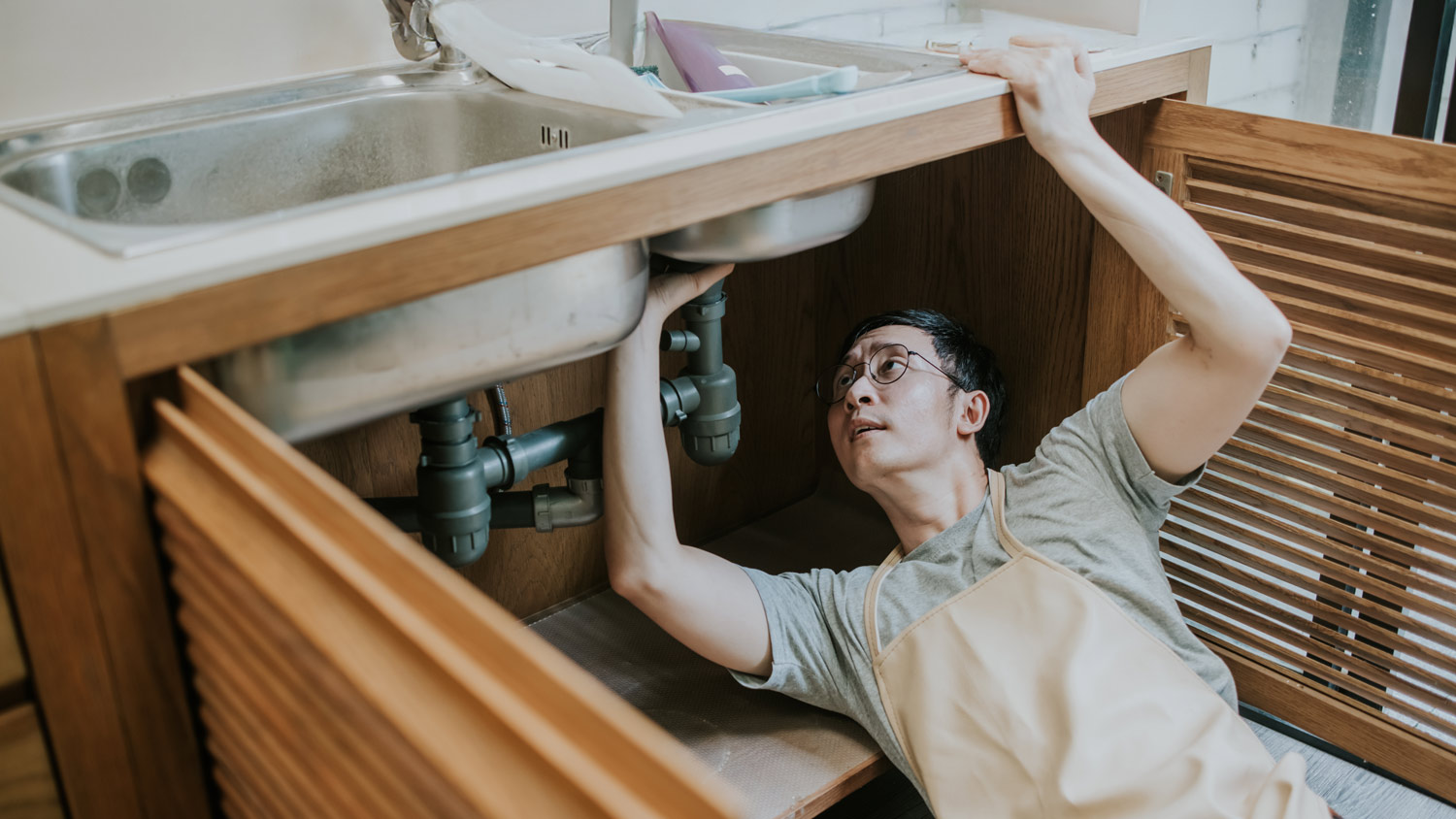
Your cost to install an under-sink water filter will depend on the type and size of system you choose and whether you need professional installation.
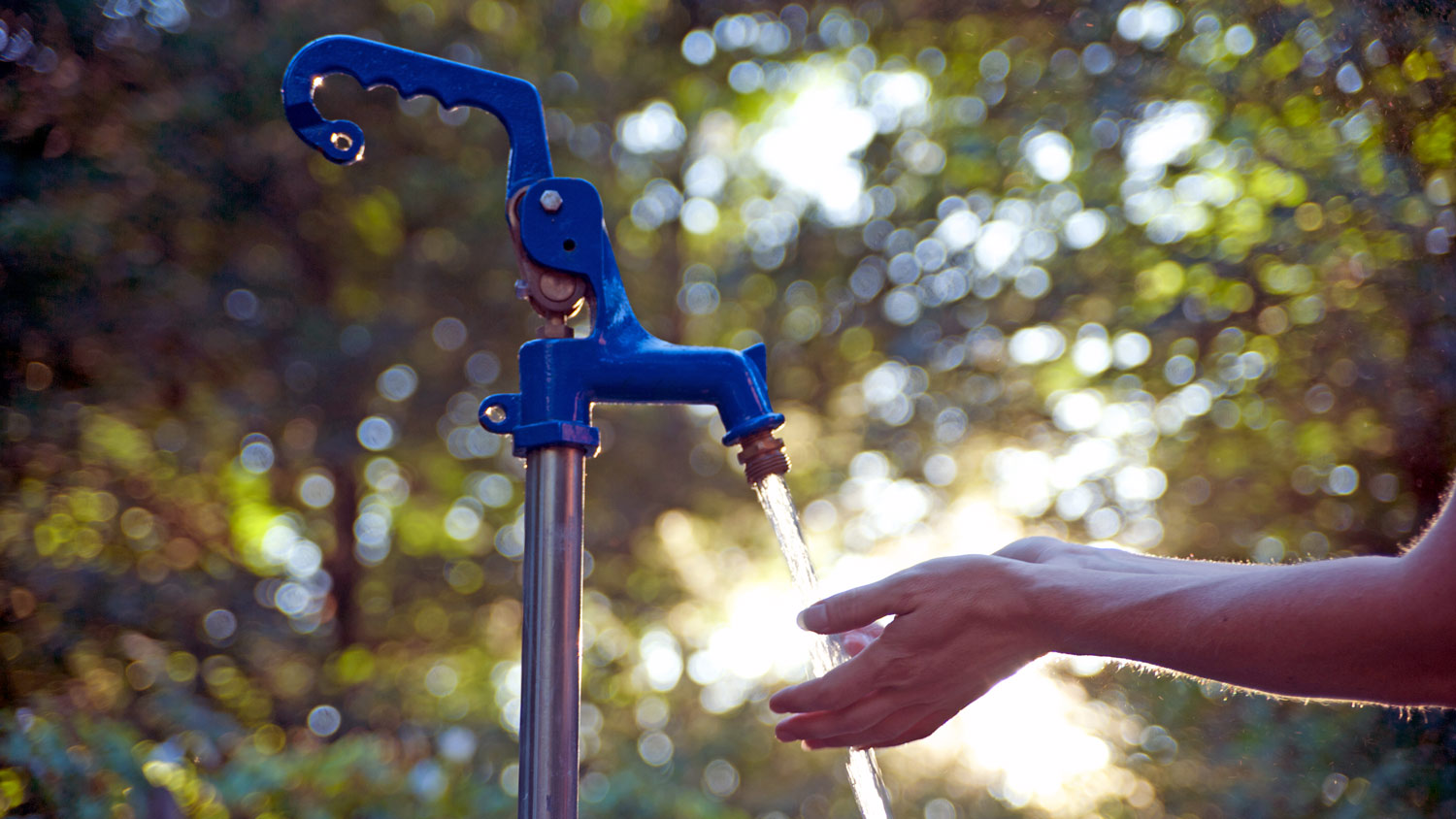
Discover how much well water treatment systems cost, including installation, maintenance, and tips to save. Get expert insights to plan your water system project.

Considering reverse osmosis versus carbon water filtration for your home? Carbon filters can remove some impurities, but RO removes a lot more.
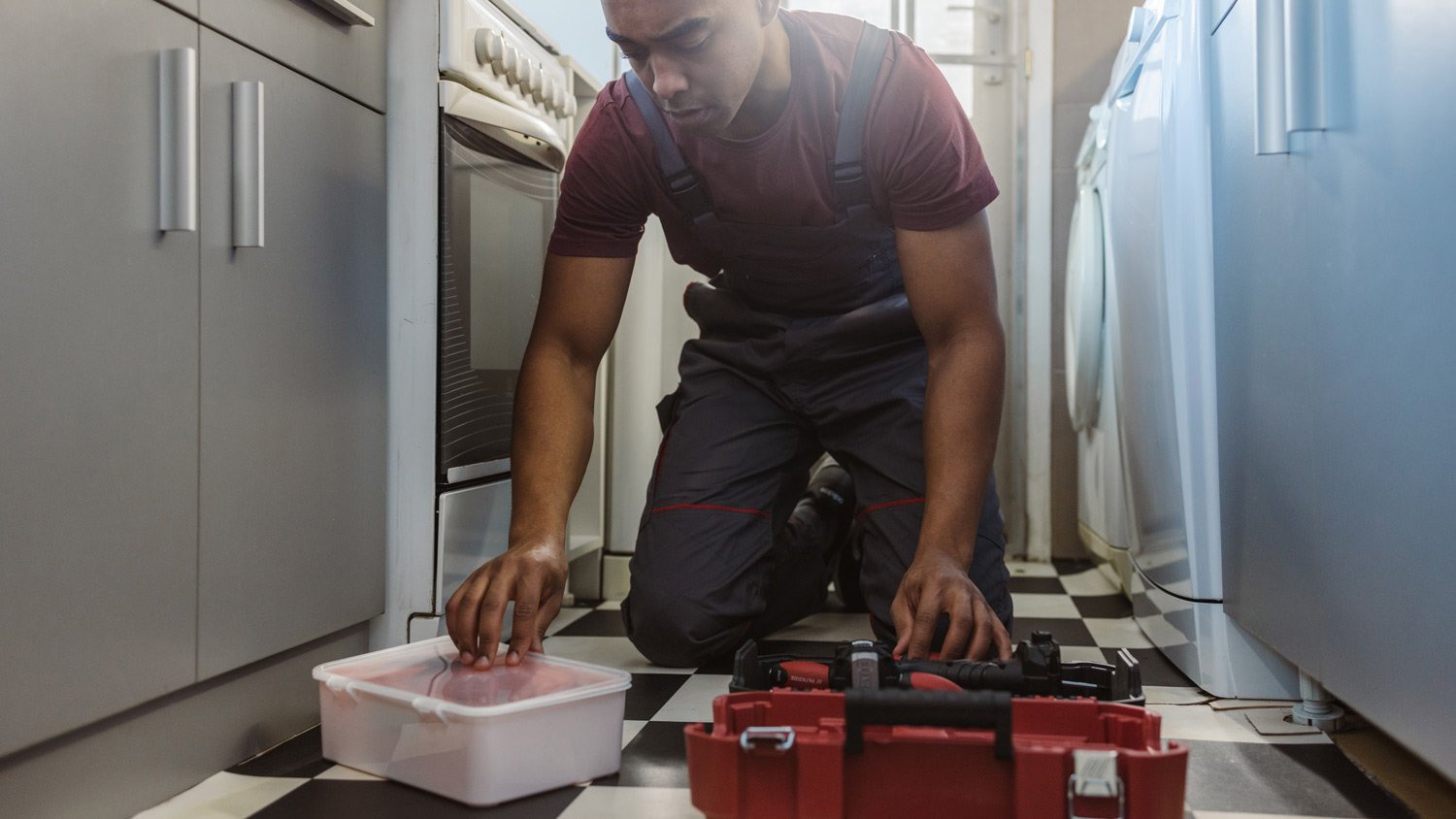
Learn who installs water softeners, including plumbers, technicians, and even DIY-ers, and find the right expert to solve your hard water issues for good.

Having an issue with your water softener? Learn the parts of a water softener and how they work together to treat hard water with this guide.